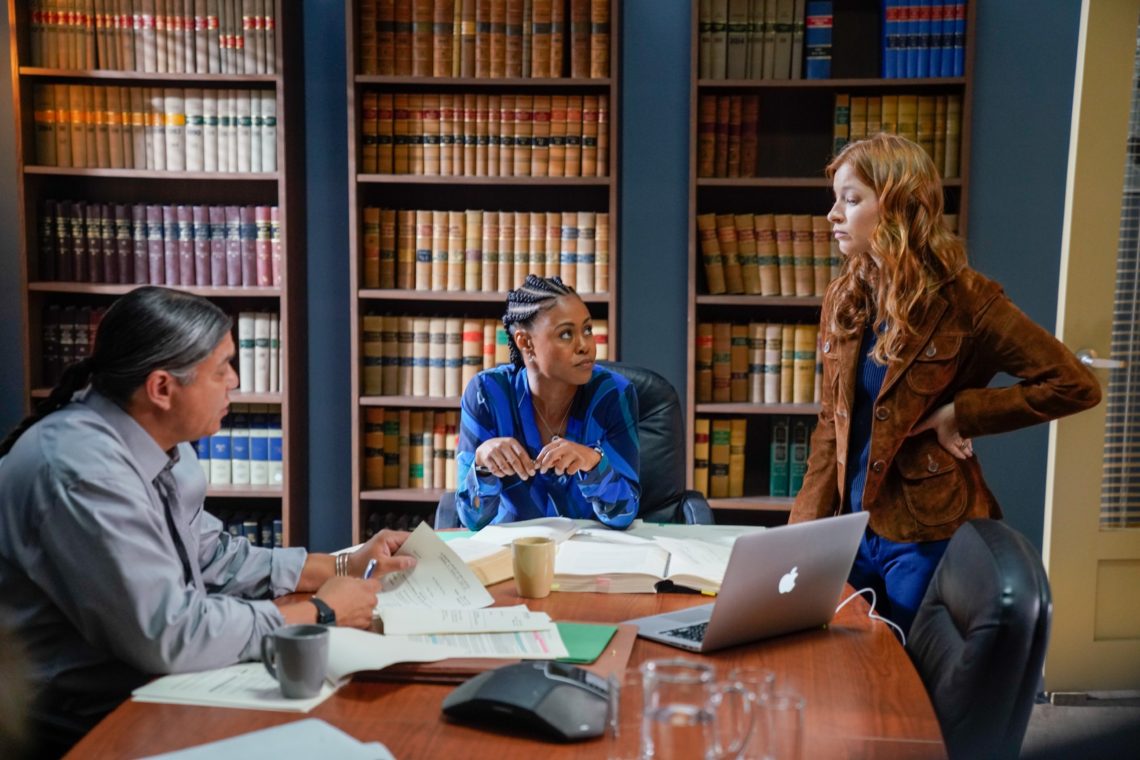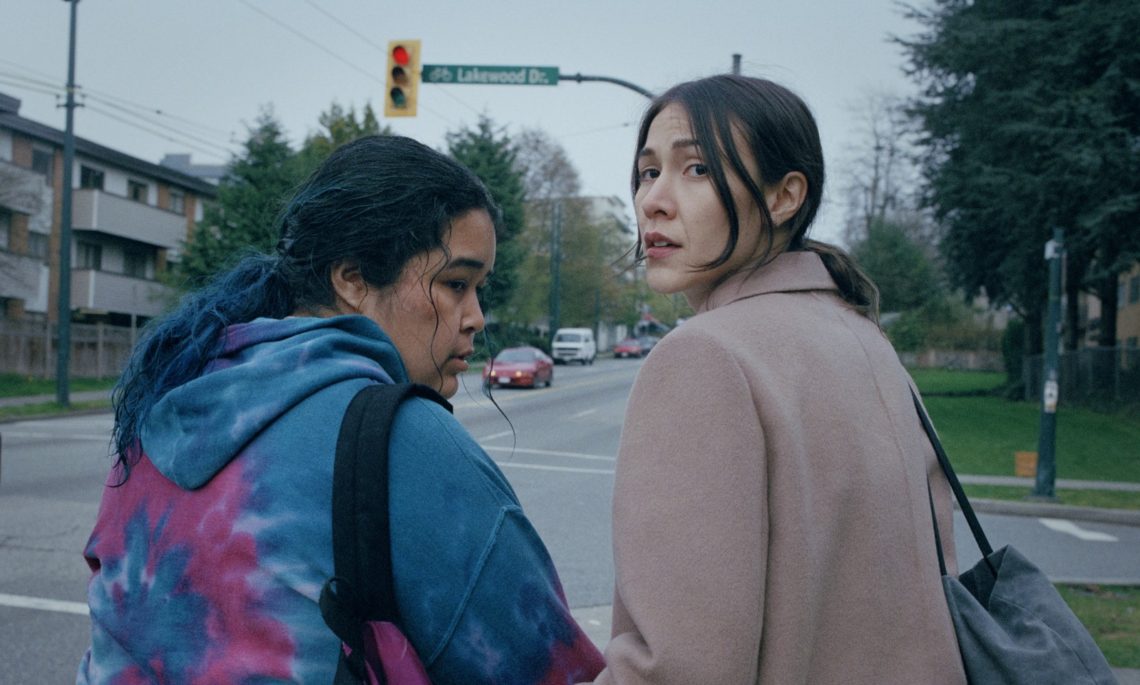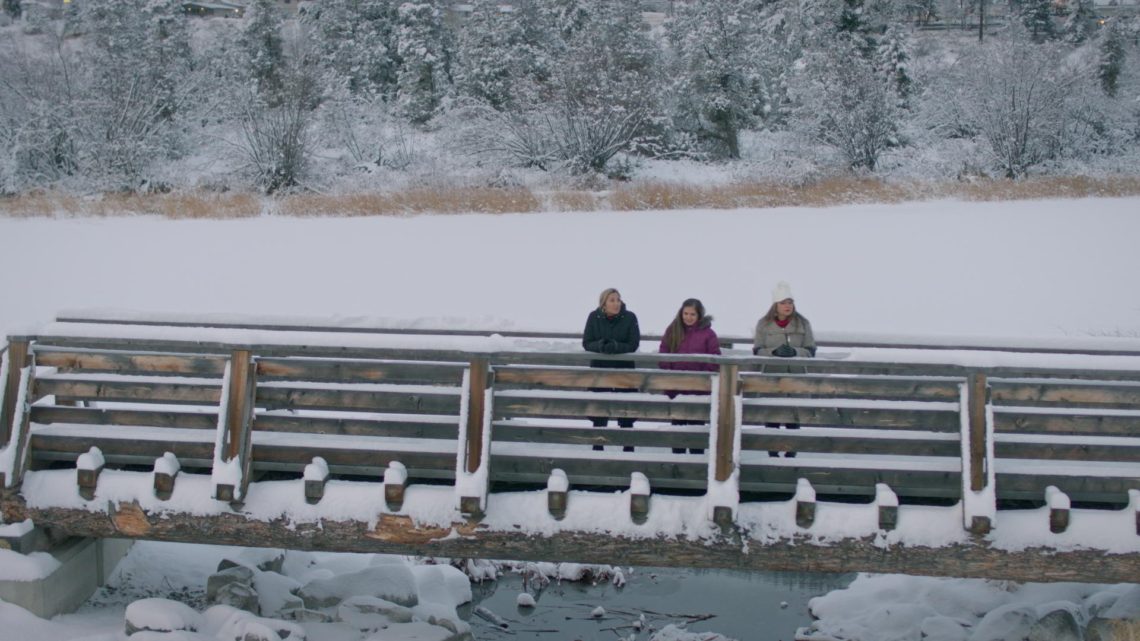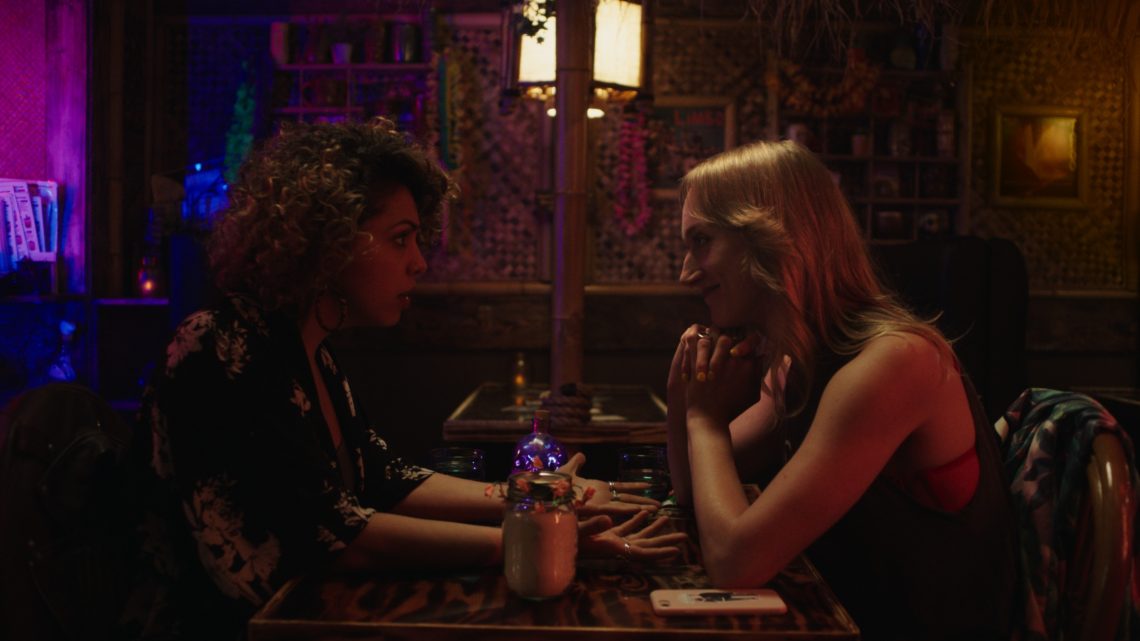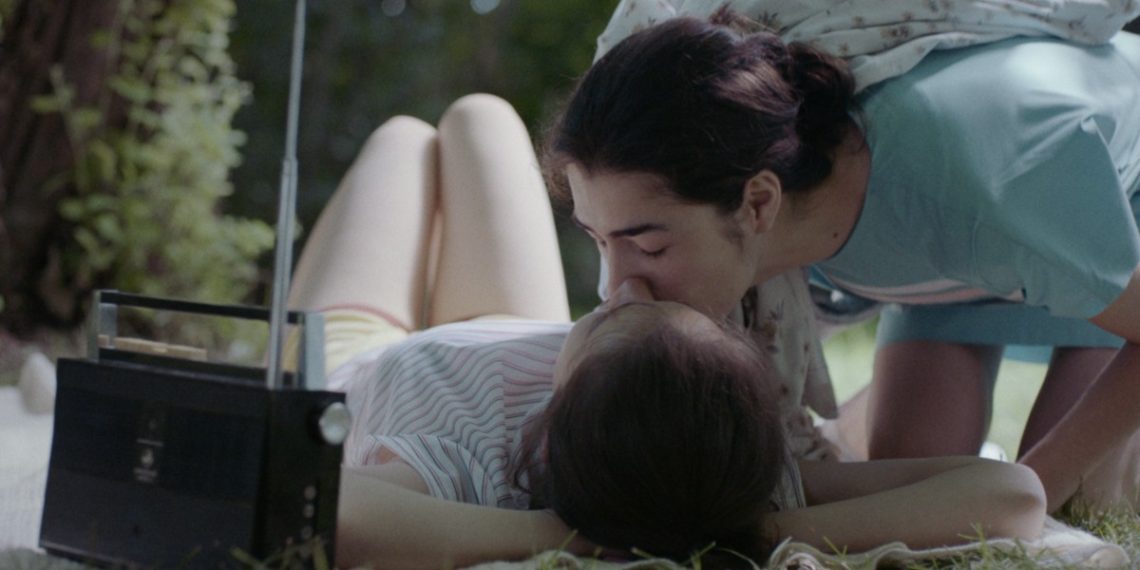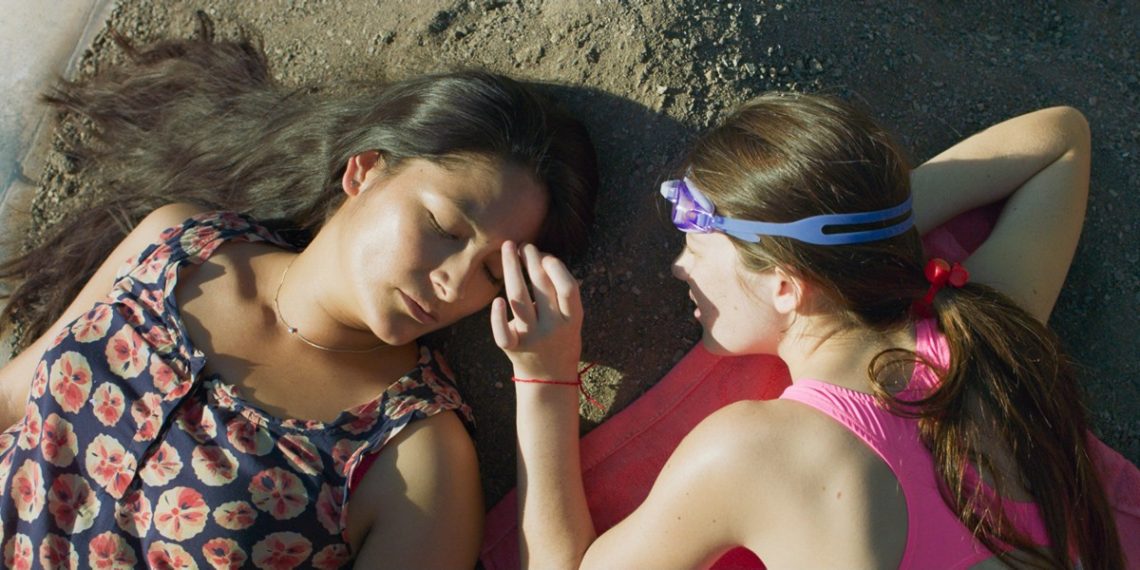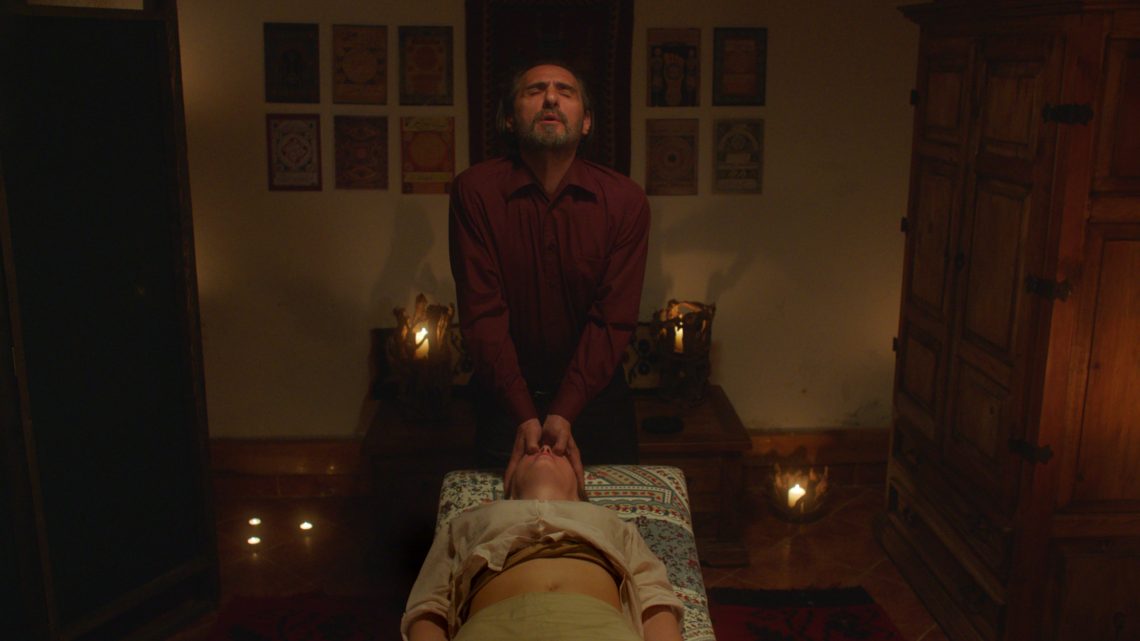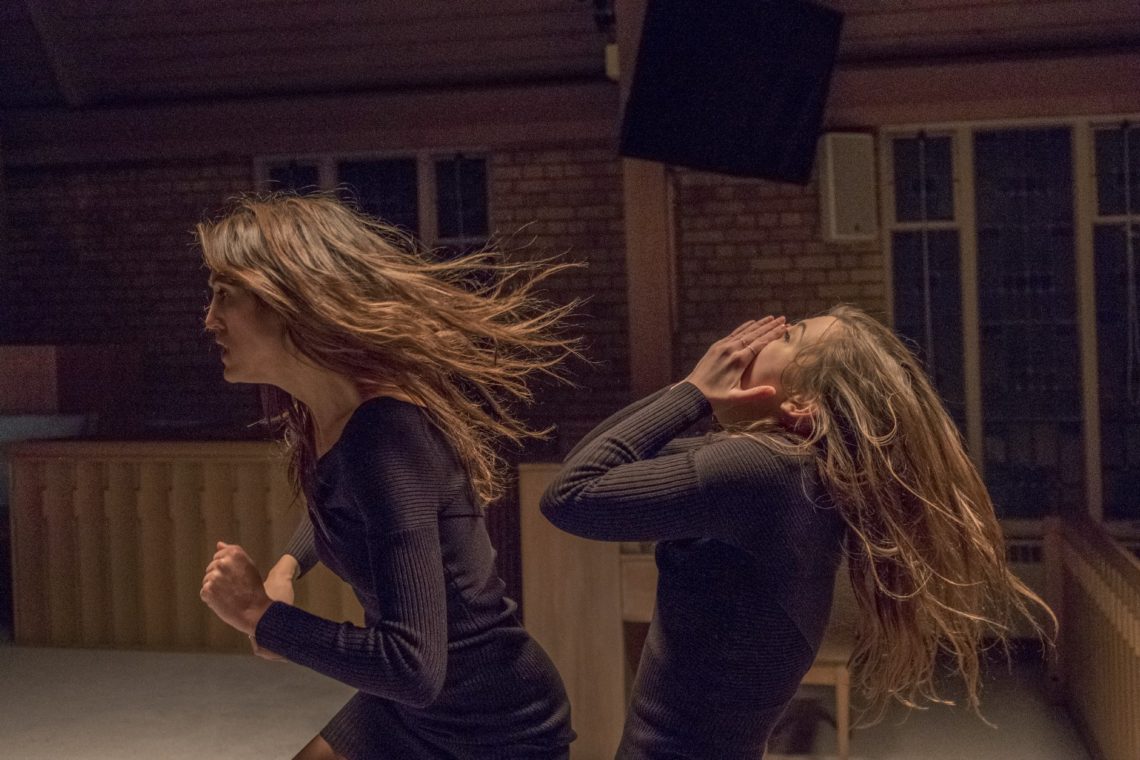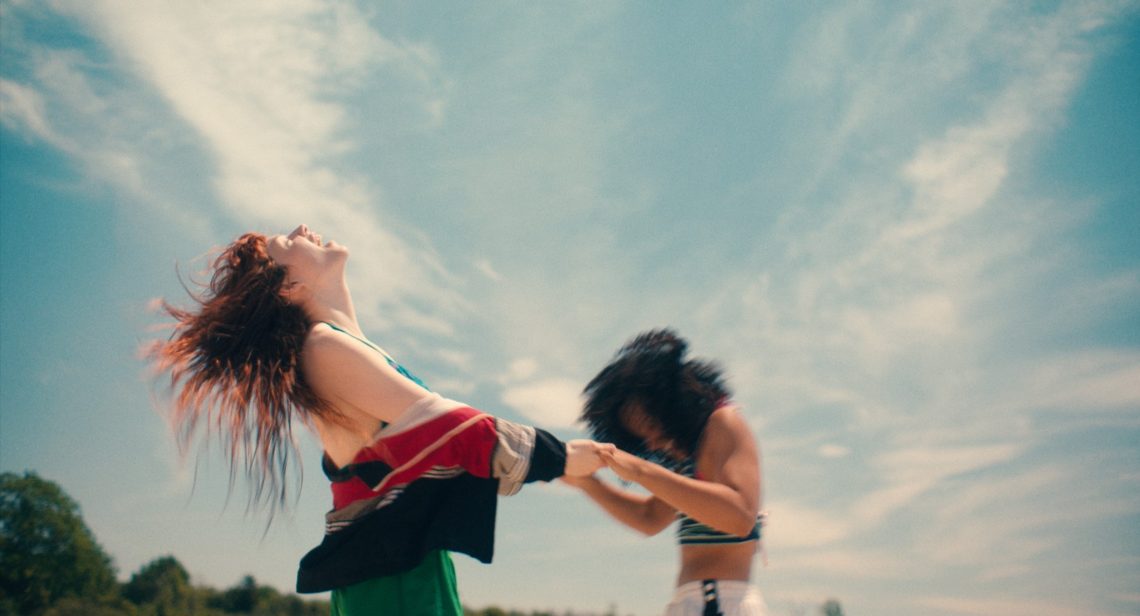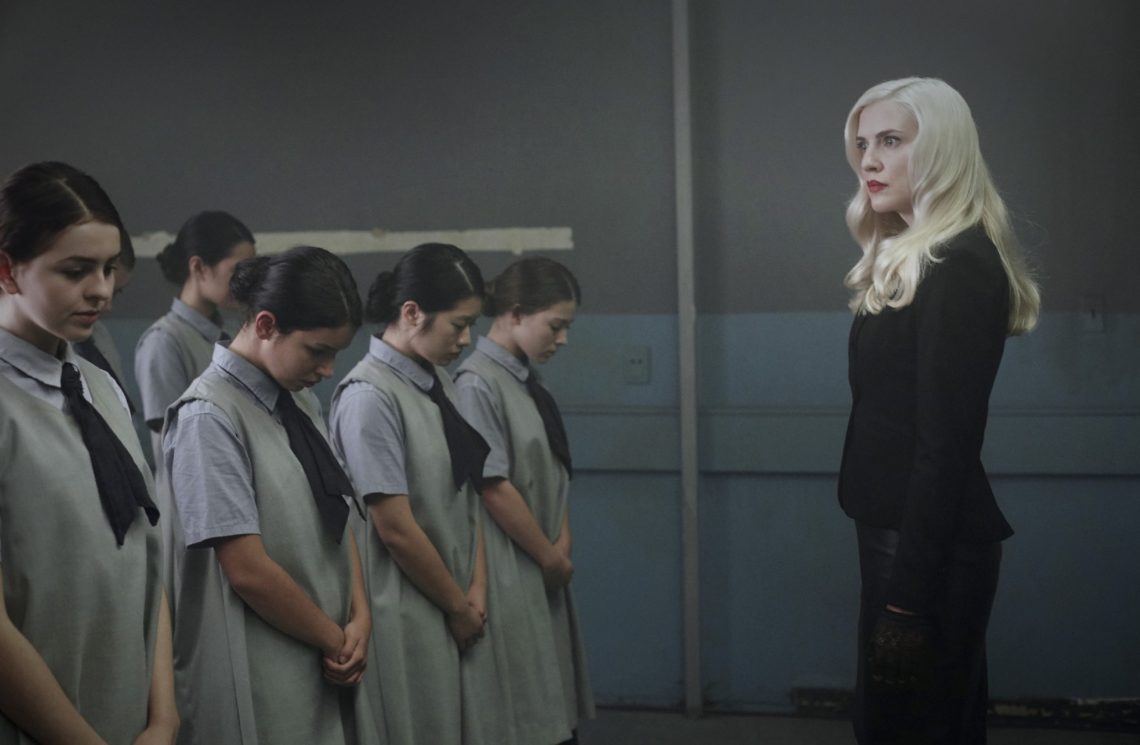-
Diggstown Interview: Vinessa Antoine
“It’s going to be an interesting show for people because it’s either going to make you really angry or sad, or you’re going to nod your head in agreement and say ‘Oh, it’s about time. Finally, someone’s saying something.’ ”
-
The Body Remembers When The World Broke Open Interview: Kathleen Hepburn and Elle-Máijá Tailfeathers
"This industry has been dominated largely by white men for a very long time and what we are learning is that their ideas are dated and it's time for change."
-
Reelworld Film Festival 2019 Interview: Tonya Williams
“We also have a hand in creating a new and more realistic vision on what being a woman is (and it’s not about being pretty arm candy for men to ogle). We need more female characters that are smart — not pretty and smart, but just plain old smart.”
-
Volcano Interview: Karen Moore
“The idea came from personal experience — both with romantic relationships and friendships. I’ve been both women in the film and it’s a sort of exploration of those different people that exist within us.”
-
Comets Interview: Tamar Shavgulidze
“Can you imagine the relief brought by naming your child after your loved one, pronouncing her name million times daily without anybody figuring this out?”
-
Lina From Lima Interview: María Paz Gonzalez
“You have to dare to explore complex female characters with contradictions that go beyond the stereotypes built by a macho culture.”
-
ZANA Interview: Antoneta Kastrati
“In telling this story of war and recovery it was important for me to talk about patriarchy and society’s constructed beliefs that further imprison women. Furthermore, I do not see oppression and brutality at home as separate from violence and brutality in war.”
-
Mouthpiece Interview: Norah Sadava and Amy Nostbakken
“You see when that happens, if its a woman’s view I can feel it instantly when I’m watching a film. I can tell that a female character is written by a woman because I can connect and feel something really deep.”
-
Firecrackers Interview: Jasmin Mozaffari
“I don’t think writing strong female characters is all about making them tough and unbreakable, it’s about showing women in their full complexity — the dark side, the melancholy, the flaws.”
-
Level 16 Interview: Danishka Esterhazy
“Working in the film industry, I see discrimination every day. Women apply for film gigs — but men with half their training and achievements get the job. When women do get hired as directors — it is only on low-budget films with so many limitations on time and productions tools that they can’t make films to compete on an international level.”
